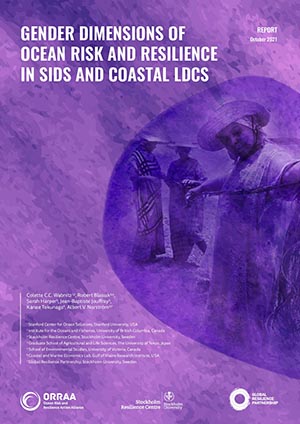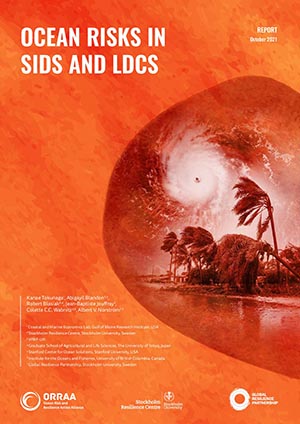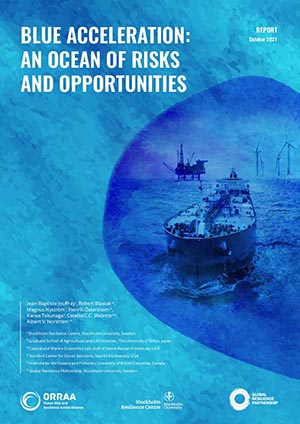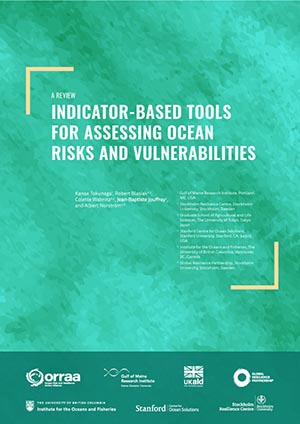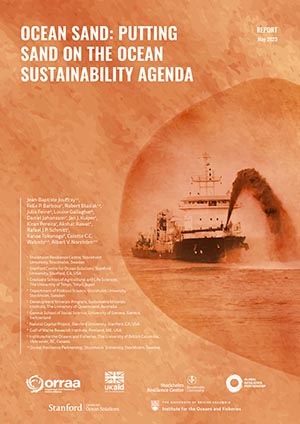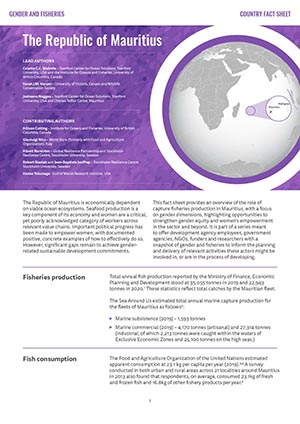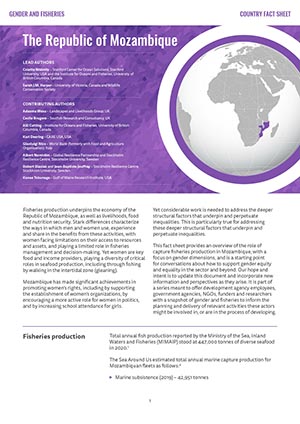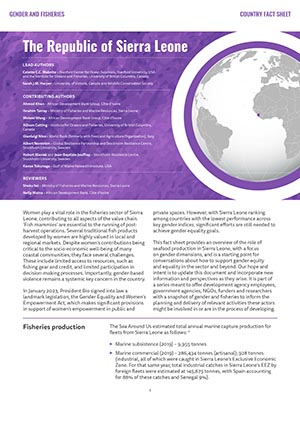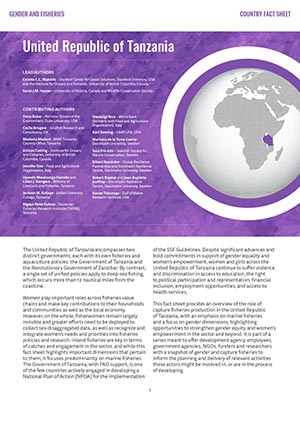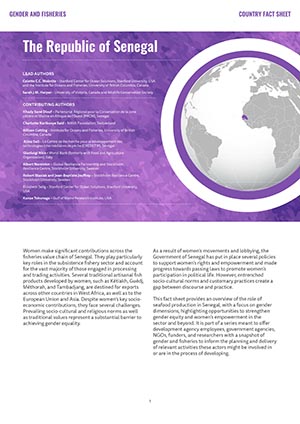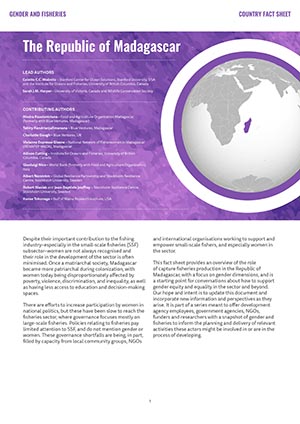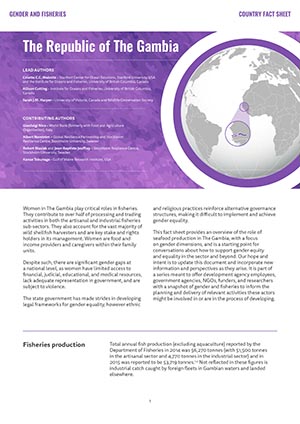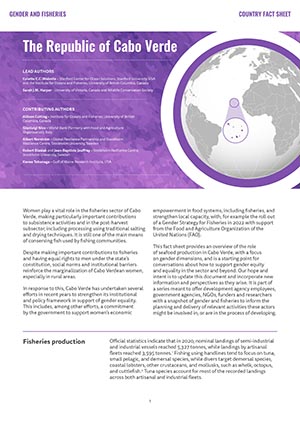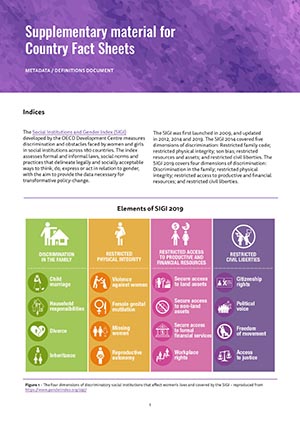The research team
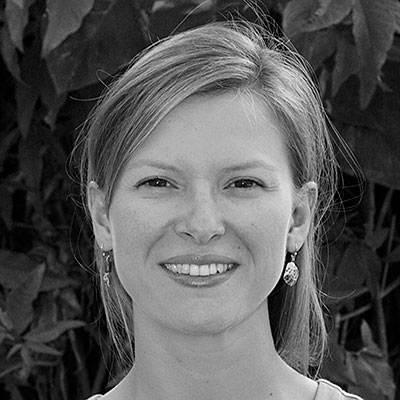
Colette C.C. Wabnitz (project co-PI)
Colette is a transdisciplinary marine scientist with over 25 years of experience in fisheries, policy, and social justice. Her work focuses on addressing the challenges of marine social-ecological systems and co-developing strategies that promote environmental health, sustainable development, and equitable livelihoods for coastal communities, particularly in emerging economies. Committed to equity and inclusivity, Colette collaborates with communities, the private sector, and various agencies to create pragmatic solutions for ocean-related challenges.

Albert Norström (project co-PI)
Albert is the Science Director, Earth Commission and Associate Professor at Stockholm Resilience Centre. Much of his work focuses on social-ecological dynamics of ecosystem services, resilience assessments in vulnerable and fragile contexts, sustainability transformations, and knowledge co-production in sustainability research.

Jean-Baptiste Jouffray
Jean-Baptiste is a postdoctoral researcher at the Stockholm Resilience Centre at Stockholm University. His research focuses on the interlinked social, economic and ecological challenges that shape the new global ocean context – exploring what the Anthropocene means for the ocean, what it entails for how we study marine social-ecological systems and, essentially, what can be done to improve sustainability.

Robert Blasiak
Robert is an Associate Professor at the Stockholm Resilience Centre, where he focuses on the sustainable management of ocean resources, and ocean stewardship. His recent work has dealt with issues surrounding the conservation and equitable use of marine genetic resources.

Allison Cutting
Allison is a research analyst at the Institute for Ocean and Fisheries, University of British Columbia. Her work centers around marine social-ecological systems, with a focus in small-scale fisheries, fisheries bycatch, policy and practice, gender equity, sustainable development, and human-ocean relationships.

Anna Woodhead
Anna is a researcher at the Stockholm Resilience Centre at Stockholm University. Her work focusses on experiences of change in coastal communities, how this differs between people, and what this means for the future of small-scale fisheries. Her research interests are broad and include marine social-ecological systems, human wellbeing, ecosystem service co-production, adaptive capacity, gender equity and youth engagement in fisheries.

Johanna Bernström
Johanna is a trainee at Stockholm Resilience Centre while pursuing her undergraduate degree in marine biology at Stockholm University. Having grown up on an island in a remote part of the Stockholm archipelago, Johanna has been able to see first-hand how marine environments and coastal communities are affected by human activities. Her previous work includes chemical analysis of aquatic pollutants, and she is interested in future studies on the connection between society and the sea.
Ocean Risk and Resilience Alumni

Kanae Tokunaga
Kanae leads the Coastal and Marine Economics Lab at the Gulf of Maine Research Institute. She is an Associate Research Scientist in Coastal and Marine Resource Economics. In her research, she uses various research methods, including bioeconomic modeling, econometrics, surveys, and interviews, to approach coastal and marine resource management issues. She is primarily interested in understanding efficiency, efficacy, and stability of various fisheries management institutions, and how they may be impacted by climate change and other environmental changes.
